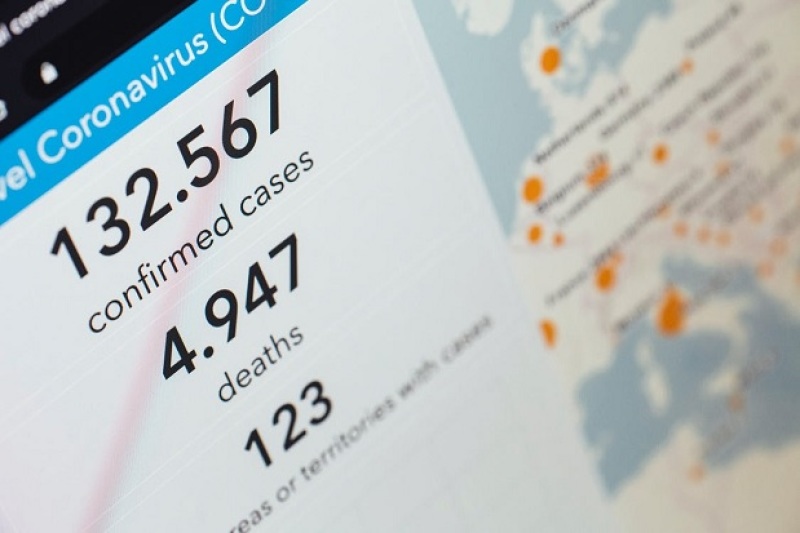
The Indonesian Food and Drug Monitoring Agency (BPOM) granted Emergency Use Authorization to the affordable drug ivermectin as a therapeutic drug to alleviate symptoms among those who got infected with COVID back in July 15. At the time, Indonesia was experiencing its "worst case scenario" of the global pandemic, in which officials described a huge spike in new COVID cases, resulting in medical authorities becoming desperate to contain the spread.
Indonesia struggled to stop the spread of COVID and prevent more deaths in July when it experienced a spike. One of the factors that drove the spread was its large population, as Indonesia ranks as the world's fourth most populous country with more than 227 people. To address the massive spike in cases, Indonesian health experts authorized the user of ivermectin as a COVID treatment. Since then, the number of new COVID cases in Indonesia saw a dramatic drop, The Gateway Pundit reported.
On July 25, the Indonesian government started to distribute free ivermectin and vitamins to self-isolating COVID patients in high-risk areas just as the highly transmissible delta variant of the coronavirus tore through the country. Each package from the government contained seven days' worth of ivermectin and vitamins and was given to patients who were asymptomatic and who had mild to moderate symptoms, such as fever and dry cough, the Strait Times reported.
Because of the surge in COVID cases, health facilities were packed and those who self-medicated at home caused a spike in the cost of medicines. The health ministry quickly moved to control the prices of COVID related drugs such as favipiravir, remdesivir and ivermectin.
But the dramatic drop in new COVID cases has also been seen in other countries where ivermectin was accepted as a treatment for the coronavirus, such as India and Namibia. This is in contrast to countries with high vaccination rates such as Singapore, Ireland, the U.K., and Israel that have high vaccination rates but major COVID outbreaks.
NOQ Report revealed that Ireland, which has 90.11% of their population over the age of 12 vaccinated at least once for the COVID shot, is seeing a major spike in COVID cases. Ireland, which has 88.63% of its population fully vaccinated, now has "highest number of patients in hospital with Covid-19 since March, despite over 91% of the population over-12 being vaccinated - the highest jab rate in the EU," Gript.ie reported. The country now has 513 COVID cases, a number not seen since the third wave last winter. 101 are currently in the ICU, up from 74 from last week.
New research reported on by Bloomberg revealed that individuals who are vaccinated against COVID are "just as likely to spread the delta variant of the virus to contacts in their household as those who haven't had shots." The study was conducted on 621 test subjects in the U.K. who had mild COVID over the span of a year.
Researchers found that the patients' peak viral load was "similar regardless of vaccination status," the study published in The Lancet Infectious Diseases medical journal. The study also showed that 25% of vaccinated household contacts still got infected with COVID from an index case, while 38% of those who hadn't been vaccinated also got infected.
"Our findings show that vaccination alone is not enough to prevent people from being infected with the delta variant and spreading it in household settings," Ajit Lalvani, a professor of infectious diseases at Imperial College London who co-authored the study, remarked.


























